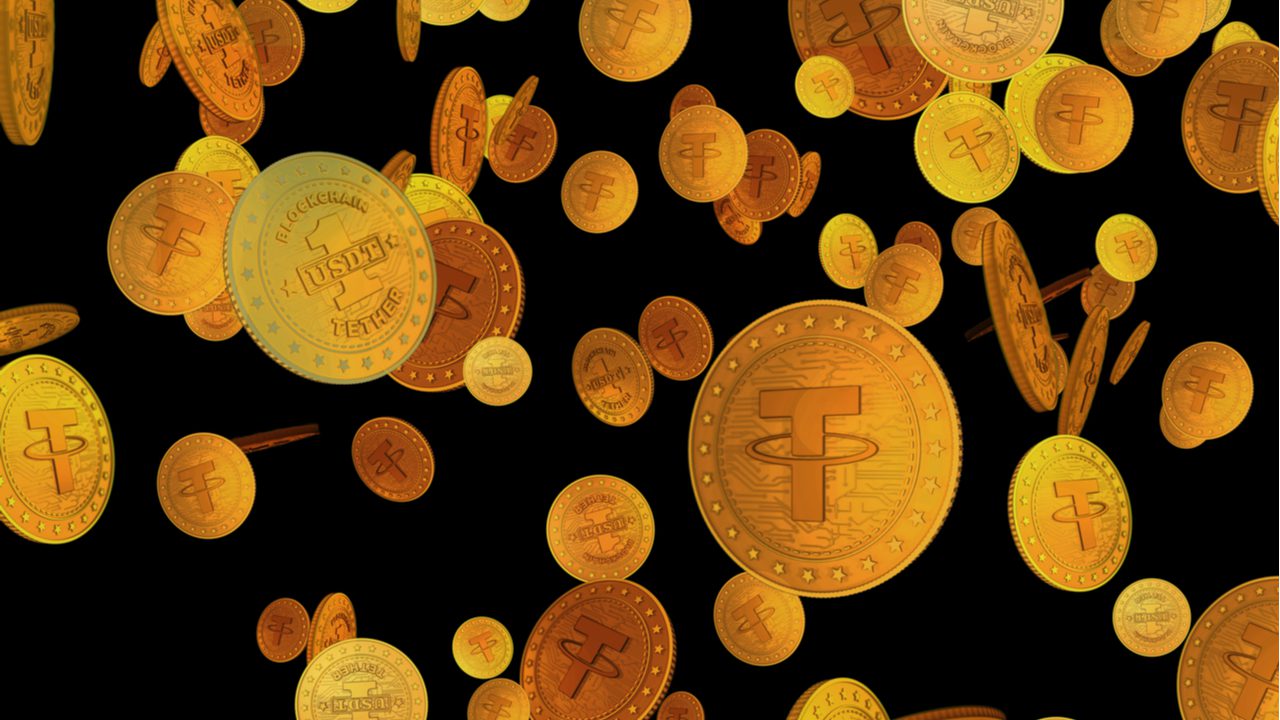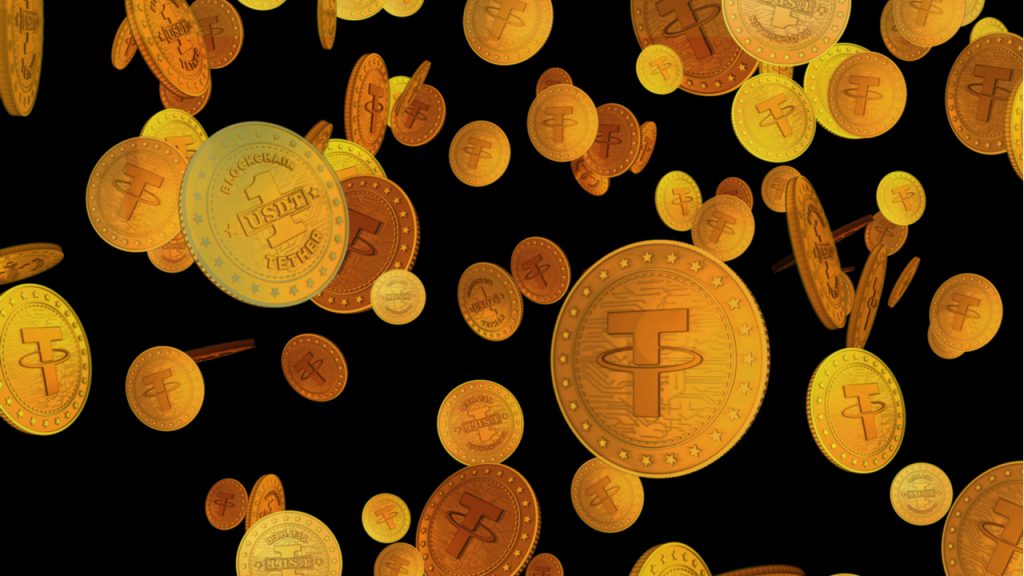
Rune Christensen, one of the founders of Maker, the decentralized autonomous organization behind the governance of stablecoin DAI, has spoken out against two competitors. He stated that UST, Terra’s dollar-pegged stablecoin, and MIM, another collateralized stablecoin, were “solid ponzis” and that the bear market would eventually lead their prices to zero.
Maker Co-Founder Calls Out Competitors
Rune Christensen, one of the co-founders of the organization behind the creation and development of DAI, a decentralized stablecoin, has called out two competitors. Christensen indicated that he got tired of being nagged by UST and MIM “reply guys” on Twitter, and indicated his opinion about these two relatively new stablecoins, comparing them with DAI. Christensen stated:
Look, UST and MIM are solid ponzis and I respect that. You can make good money off them for sure. But they are not built for resilience and they are going to 0 once the market turns for real.
Christensen elaborated by indicating that DAI was built for resilience while noting that the project is the most trustable when it comes to smart contracts and collateral security. However, UST flipped DAI as the most valuable stablecoin project back in December. Still, DAI is ranked second amongst decentralized stablecoin projects by market capitalization.
Engineered Differently
While MIM, UST, and DAI are all decentralized stablecoins in name, each one of them is engineered differently. While DAI and MIM are collateralized stablecoins — meaning that there are other assets backing their value in case of a selloff — UST is a pure algorithmic stablecoin, whose peg is maintained through arbitrage incentives.
Criticism of these collateralized stablecoins has come from the fact that some of the funds backing the assets are composed of centralized stablecoins. In fact, according to a graphic provided by Christensen, 37.4% of DAI generated is collateralized with USDC. However, Christensen pointed out that MIM also had problems in this regard, hinting at the possibility of it having a higher percentage of its backing based on centralized stablecoins.
The stablecoin sector grew massively last year, with USDT, the biggest stablecoin in the market, going from a $20 billion market cap at the start of 2020, to a near $80 billion capitalization starting in 2021. But decentralized alternatives grew even more, with UST multiplying its market cap by more than 50 times. In the same way, MIM has managed to reach a $4.6 billion capitalization since its inception last September.
What do you think about the Maker co-founder’s statements on UST and DAI? Tell us in the comments section below.
Image Credits: Shutterstock, Pixabay, Wiki Commons
Disclaimer: This article is for informational purposes only. It is not a direct offer or solicitation of an offer to buy or sell, or a recommendation or endorsement of any products, services, or companies. Bitcoin.com does not provide investment, tax, legal, or accounting advice. Neither the company nor the author is responsible, directly or indirectly, for any damage or loss caused or alleged to be caused by or in connection with the use of or reliance on any content, goods or services mentioned in this article.
Read disclaimer


